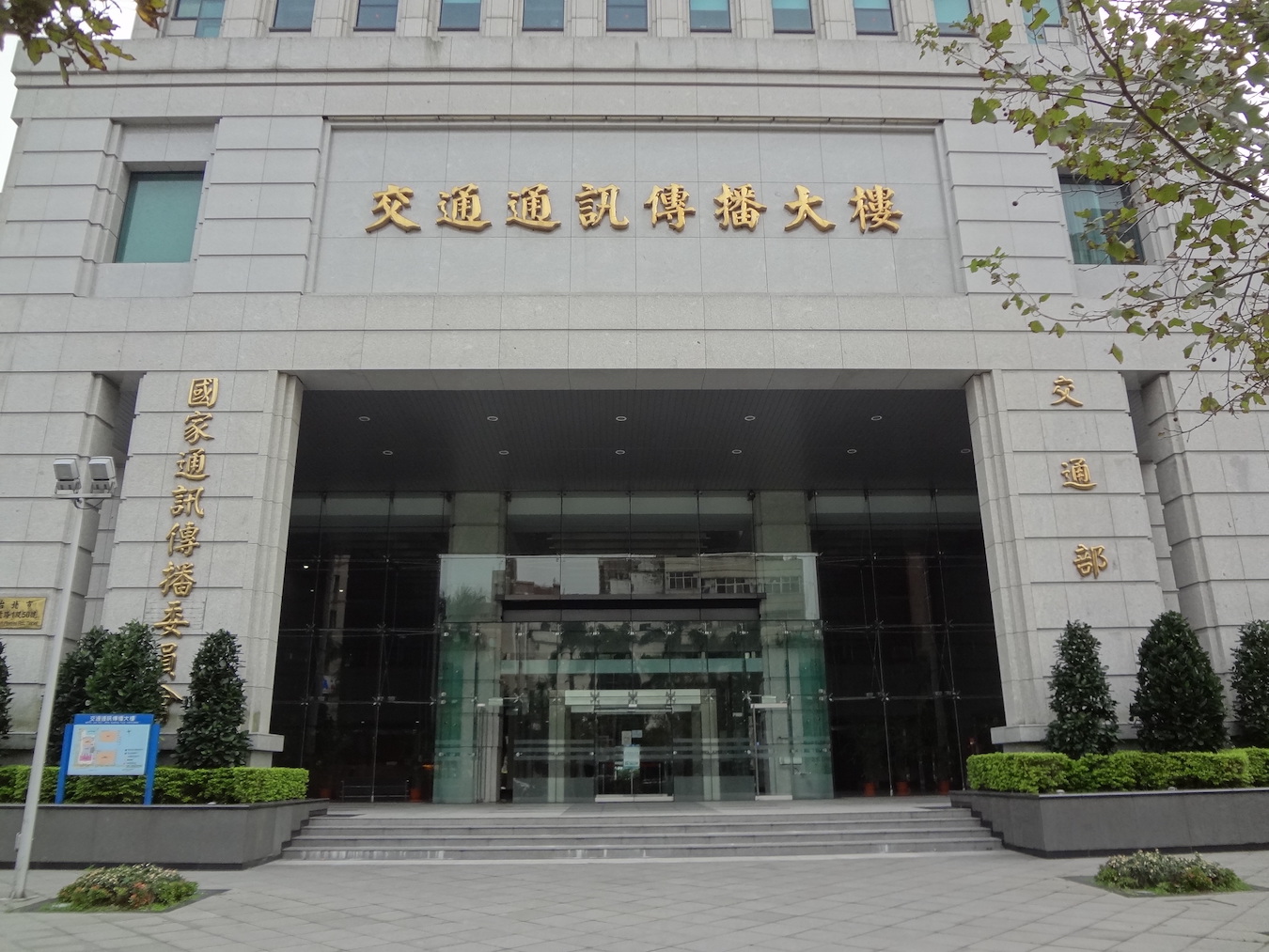by Brian Hioe
語言:
English
Photo Credit: Mirror TV/Facebook
THE NATIONAL COMMUNICATIONS COMMISSION (NCC) approved the broadcast of Mirror TV earlier this week. Mirror TV is the first television network approved for broadcast in a decade and could start broadcasting as early as June.
Although Mirror TV was approved to launch a network in January 2022, this only took place after a two-year review process. Mirror TV will broadcast on channel 86, serving an estimated 2.63 million households.
In particular, Mirror TV saw controversy over allegations from the pan-Blue camp that the Tsai administration pressured the NCC to approve Mirror TV. The pan-Blue camp was, in large part, acting in retribution for the Tsai administration’s decision to not renew the broadcast license for CtiTV, the major pan-Blue television outlet.
Nevertheless, controversy over Mirror TV’s approval is extensive enough that the KMT, TPP, and NPP have all stated that they will boycott the approval of the NCC’s budget next year. The TPP has also criticized the NCC for approving Mirror TV’s broadcast license during a time when the legislature is in recess. The KMT and NPP protested outside of the NCC meeting in which Mirror TV’s approval was passed.
Controversy exploded over Mirror TV when Chen Jiau-hua of the NPP leaked recordings that included comments by former Mirror TV chair Pei Wei at a shareholders’ meeting in December of Pei stating President Tsai Ing-wen and Premier Su Tseng-chang pressured the NCC to approve Mirror TV’s application. Former Mirror TV chair Chen Chien-ping, who claimed in the aftermath of the incident to have a full recording of the meeting where the comments were made and to be willing to show this to prosecutors, has been among those critical of the network’s launch.
NCC chair Chen Yaw-shyang is currently under investigation over potential corruption with regard to Mirror TV’s application for a broadcast license. Questions have been raised of Mirror TV replacing members of its board, financial transparency, and the network’s ownership.
 Photo credit: Solomon203/WikiCommons/CC BY-SA 3.0
Photo credit: Solomon203/WikiCommons/CC BY-SA 3.0
Four of the NCC’s members voted in favor of Mirror TV, while two cast blank votes, and vice chair Wong Po-tsung abstained. Wong’s abstention was over allegations that he was involved in backroom efforts to push for Mirror TV’s approval.
A number of issues had been raised about Mirror TV’s application beforehand, however. Firstly, it was mandated that Mirror TV’s operations had to be separated from its management. Given concerns about the potential for Chinese investment to affect the content broadcast by Mirror TV, Mirror Media was required to comply with the Anti-Infiltration Act and Act Governing Relations Between the People of the Taiwan Area and the Mainland Area. Investment from the Chinese government, or from foreign entities seeking to influence Taiwanese politics, would be punished.
CtiTV losing its broadcast license took place in the context of reports from the Financial Times that it and other Want Want Group-owned outlets were directly taking orders from China’s Taiwan Affairs Office in terms of content and placement of articles, as well as reports by the Apple Daily that Want Want Group-owned outlets were receiving funds from the Chinese government. Nevertheless, the NCC did not go after this issue when deciding not to renew CtiTV’s broadcast license on the basis of violations by CtiTV, focusing on reports inflating the crowd count at then-Kaohsiung mayor Han Kuo-yu’s inauguration and that an “auspicious cloud” appeared above a meeting of three KMT mayors.
Likewise, given a news environment that already heavily slants toward tabloid content, concerns were raised by the NCC that Mirror TV would feature tabloid-style content similar to its parent company, Mirror Media. Specifically, the NCC raised concerns about the reporting of Chinese disinformation, as well as reporting of disinformation and misinformation pertaining to COVID-19.
Although financial irregularities or corruption in the process leading to Mirror TV’s approval are possible, the pan-Blue camp has generally sought to attack efforts by the Tsai administration to regulate Chinese over-the-top providers, the term referring to providers of streaming services. Consequently, the pan-Blue camp has been accused of attempting to obstruct efforts to prevent Chinese disinformation from targeting Taiwan.
Indeed, the pan-Blue camp has honed in on the fact that academics who were part of the Anti-Media Monopoly Movement a decade prior are currently part of the NCC. The Anti-Media Monopoly Movement originally broke out in the years prior to the 2014 Sunflower Movement. This may be one of many ways in which issues salient a decade ago still prove highly relevant to contemporary Taiwanese politics.

